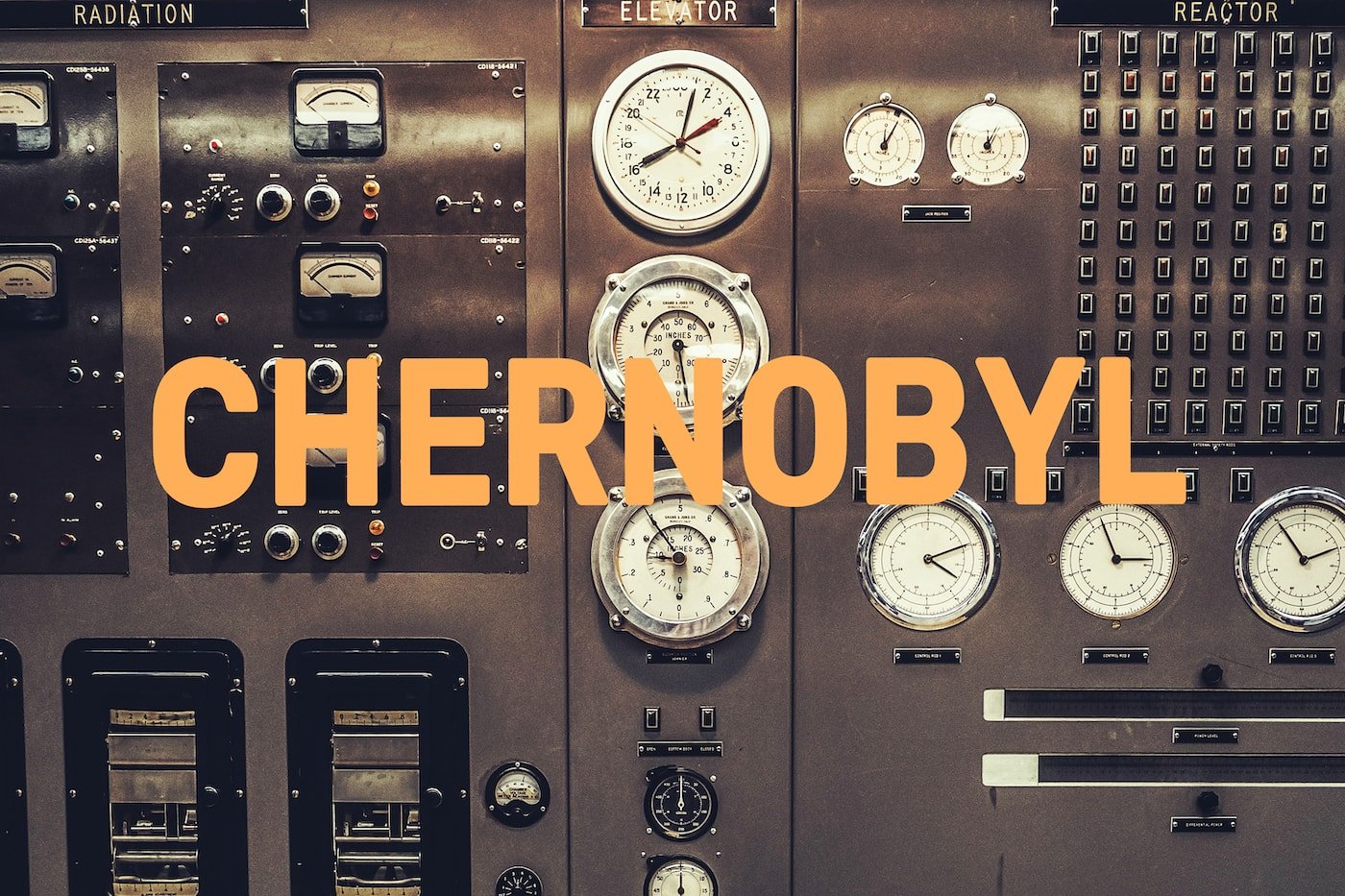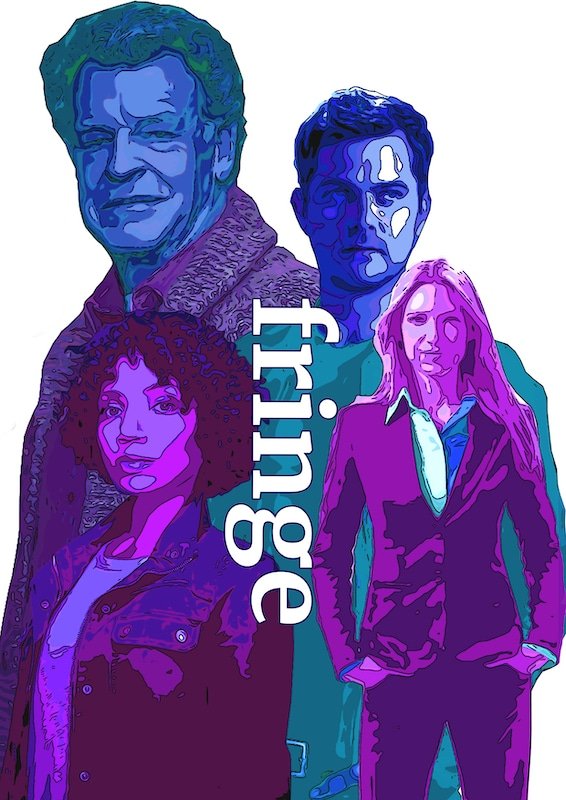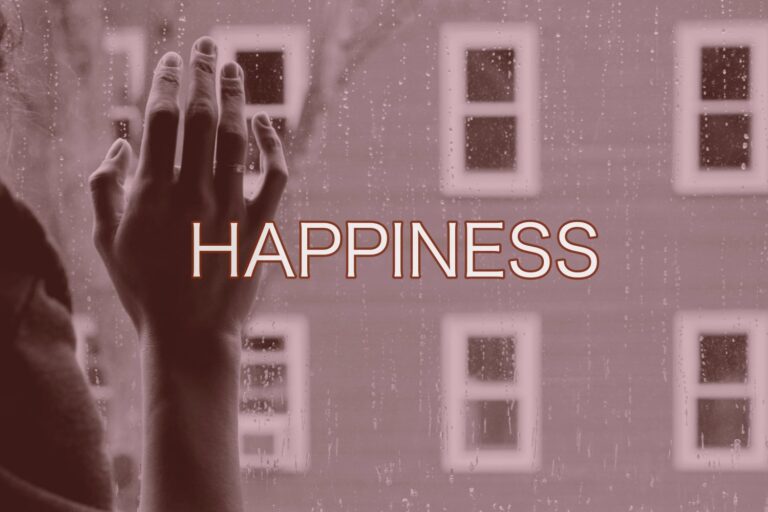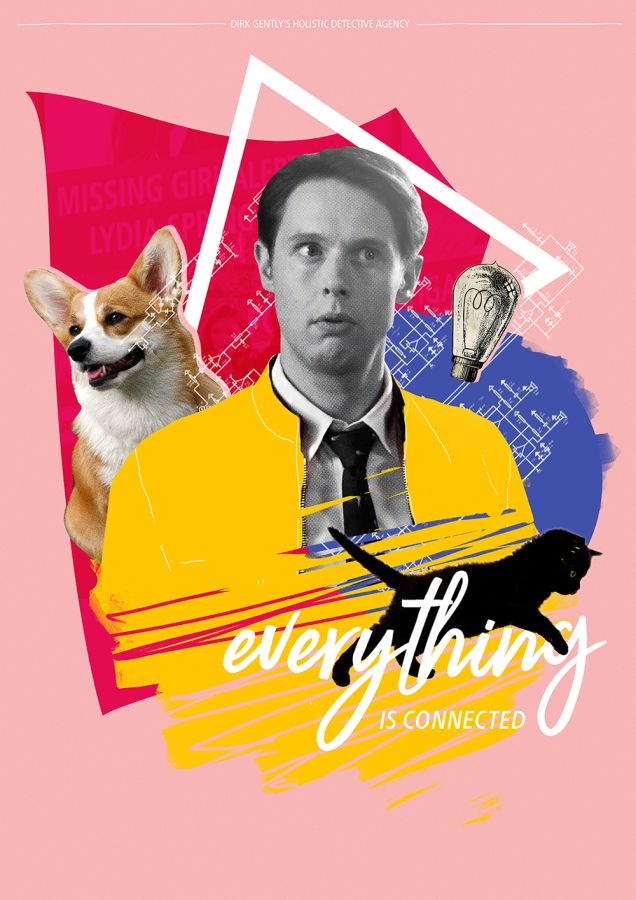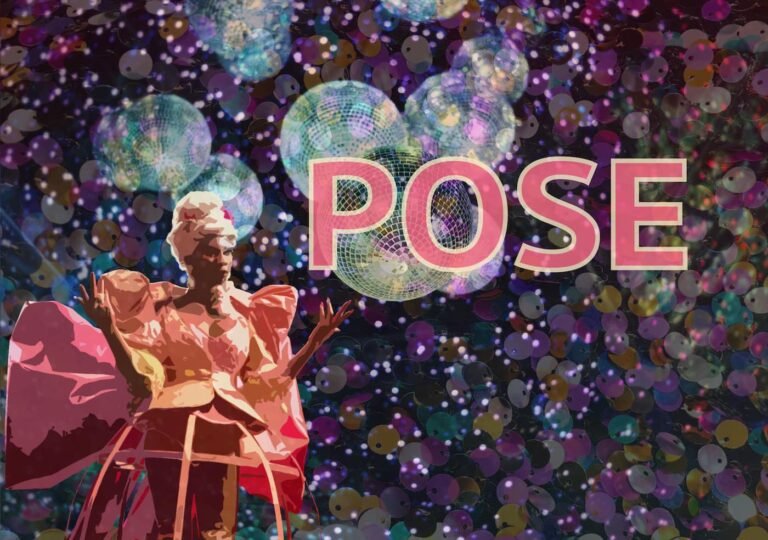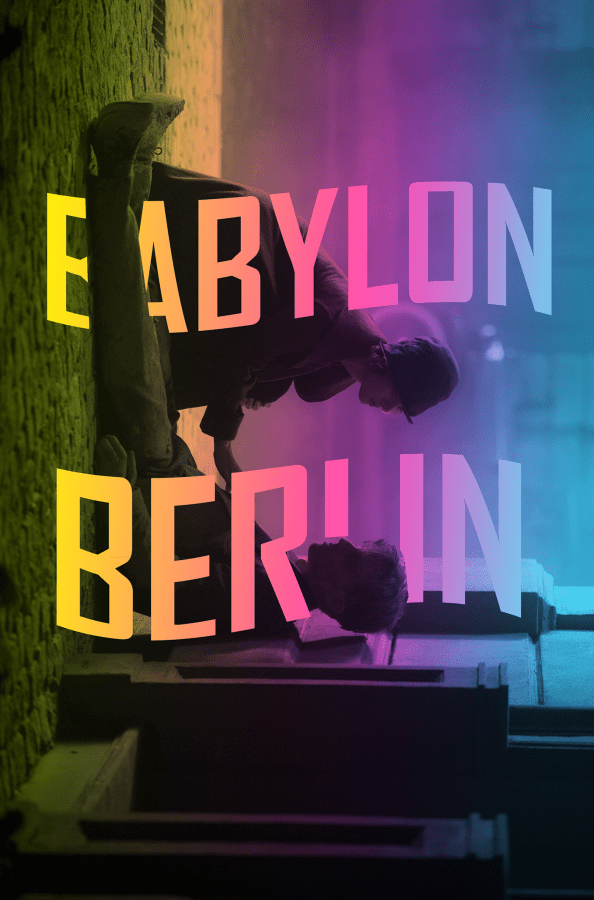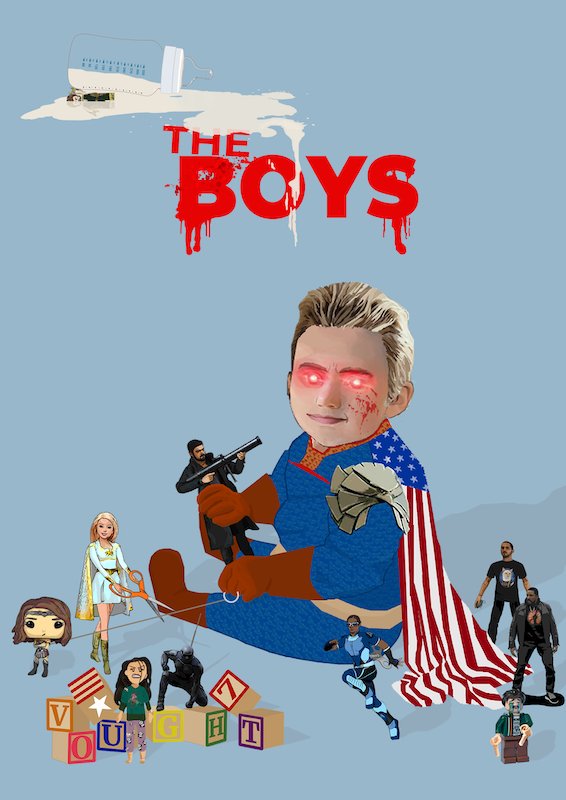I sometimes worry that when a series or film chooses to depict a real-life 20th century event, it’s using that disaster to sell itself, regardless of those who suffer such dramatization. However, Chernobyl is not one of these, yes it has fictional elements here and there to really ram home the consequences and actions – both of individuals and organisations – but in all the subject is handled with delicacy, provides a sense of scope never before realised, and a terrifying warning we pose in our experimenting.
Until I watched this mini-series I thought I knew the history of Chernobyl; but there is far more to it than you could ever imagine. For those who don’t know, Chernobyl is the site of a nuclear disaster, leading to large evacuations, a high cost of life (with an estimated total of deaths varying from 4,000 by the UN, to 90,000 by Greenpeace) and a quarantine zone that will last for many years to come (recent estimates put it at 20,000 years), whilst also involving hundreds of thousands of personnel in its clean-up. In having such a large amount of numbers – of lives affected – the production crew has gone to great effort to capture the overwhelming scale and its effect, whilst ensuring they’ve accurately caught the finer details; set designs, costumes and in some cases personal reports.
This is not to say that parts of the series weren’t fictionalised, or the timing of events slightly changed for a greater impact. The series repeatedly emphasising the dangers posed by a lack of knowledge and understanding. But just how much of it is true? In reality it’s a pretty accurate portrayal, and it’s well worth a personal cross-check afterwards to see how closely the two tie together, but bear in mind there is a lot of disagreement between reputable news sites as to what the final truth is. This isn’t surprising seeing how much was hidden at the time, with the Soviet government worrying about its reputation in a period of Cold War hysteria – where the image of power was just as important as actually having it. But Chernobyl does an outstanding job in investigating this, and other compounding factors that caused one of the world’s biggest disasters.
Now on to the show, it begins with our lead protagonist and highly esteemed scientist Valery Legasov (captivatingly played by Jared Harris) as he records the truth of what happened in Chernobyl. I won’t say what his findings were, but you’d be mistaken in thinking you learn them all in the next scene as the show travels back to the moments of Chernobyl’s disaster; where an ascending line of those in higher positions each deny in turn what the lower workers tell them – that reactor four has gone. This refusal of the truth is particular evident in the villain of the piece, Anatoly Dyatlov (Paul Ritter), the lead scientist who would bring about the direct deaths of many; some instantaneously, others within just a few weeks. Despite being repeatedly told that the reactor has exploded, he continues to deny it, believing instead that everyone else is delusional, “How many times do I have to say it…”. The purposeful comment causing the audience to wonder the same thing about him, and to have you join in with the frustration of others as you shout at the screen; I’ve seen it, it’s true, go look, but of course it’s a reconstruction, he can’t hear you. Leaving you to be full of trepidation as to what’s to come.
We then switch from the heroics of those inside the plant (though we equally see how irresponsible they were in their actions), to those oblivious of the risks posed to them; families gather to look at the fiery lights of the station as children dance in the falling ash. The cost to these lives being personalised through the tale of a firefighter and his wife, Lyudmilla Ignatenko, played by the fantastic Jessie Buckley, whose anxiety mirrors our own, while she also forms the perspective of those removed from the power-plant, government officials and scientists – being an ordinary civilian who see the horrors unfold, but is still affected by the far distancing of those in power.
There were episodes in Chernobyl I struggled to watch, the realism of the show hitting hard, from animals being left behind, to victims whose skin is melting away. The imagery following after an explanation of what will happen to those exposed to the radiation – the words inflicting a sense of the agony to be experienced, one that even morphine cannot take away. These scenes are sympathetically captured, creating such a sense of the suffering, that your chest constricts ever-tighter as you watch it. The actors who played these scenes did so with great care, giving the utmost attention in portraying these very real people, especially Leonid Toptunov (Robert Emms), the engineer’s eyes being haunting, sad and very lost.
Aside from great acting and an enlightening script, the cinematic displays of Chernobyl are more than breath-stealing in their sheer magnitude and horror; bustling streets become desolate, while restaurant tables are left laden with half-eaten meals – emphasising the quick ushering of people away from their home. The most arresting images being; a parade of buses trailing off into the horizon – telling of the large scale operation; to the little figure of a man as he stands against the giant plume of the reactor. The director and cinematographer using scale to show the intimate personal consequences, to the nameless and countless lives affected.
The series evokes more than a sense of claustrophobia, with the panic on screen being all too real as you switch between those who sowed destruction (and continued to do so in their ignorance), to those who sacrificed everything for the sake of millions of strangers, to the heroes who are trapped and helpless as they come across insurmountable obstacles.
You could easily binge-watch this mini-series of five episodes, and I know I did, but its knowledge of Chernobyl’s nuclear disaster will last long after. If its aim was to be a warning then listen well, with the show telling the cost of denials and the spread of disinformation, but it’s never forcefully fostered upon you. Instead it’s told in an utterly engrossing and enlightening manner that carefully disseminates its information throughout the episodes, until you suddenly realise you’ve come away with a basic understanding of nuclear energy, and a very real sense of the danger and threat from those that hide the truth. Chernobyl is a show you’ll be thankful not to miss.
Creator: Craig Mazin

